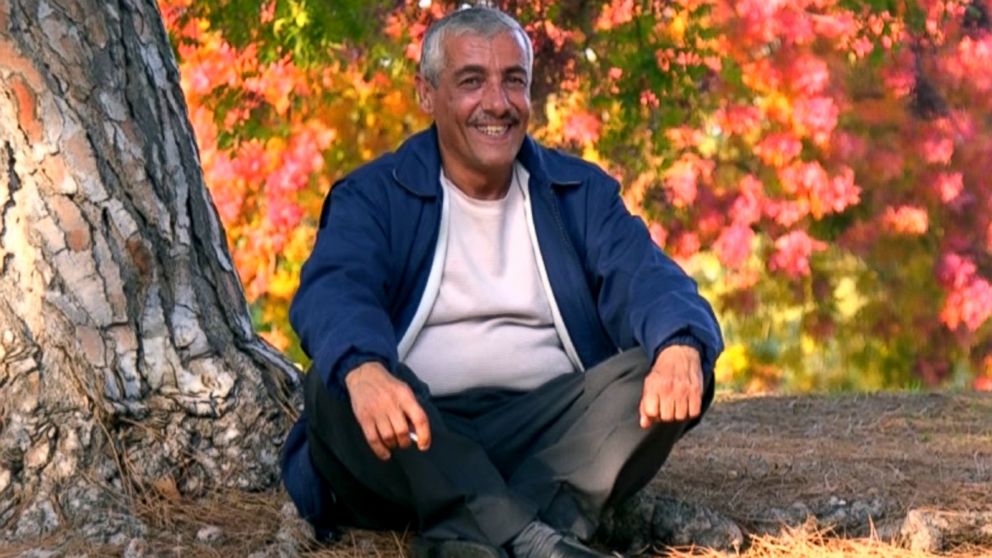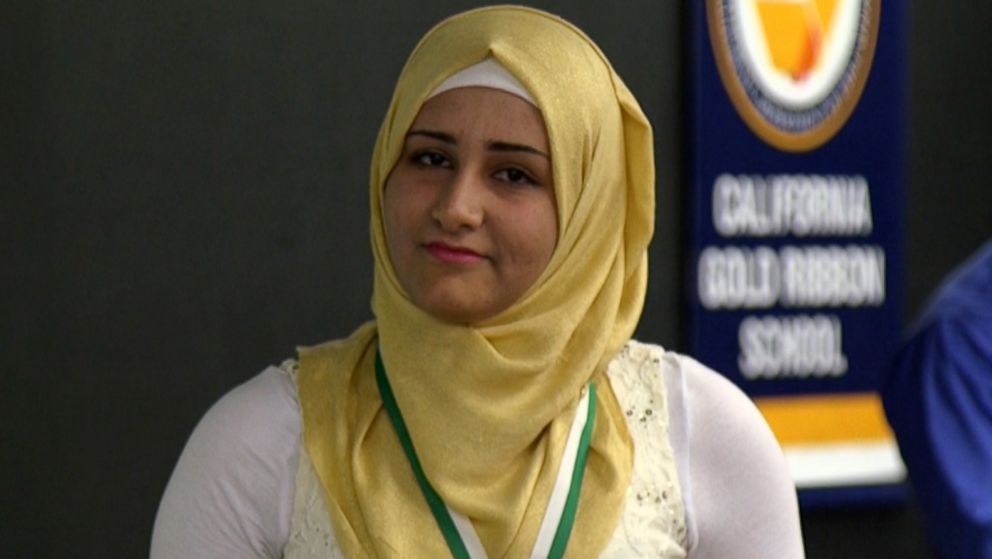A Syrian Refugee Family Begins Again in California
The Al Jawabras fled to Jordan to escape the war but had planned to return home.
— -- More than 40 days after Aya and her Syrian family, the Al Jawabras, moved from Jordan to the U.S., her fifth-grade teacher was using this particular day in November 2015 to discuss the Paris attacks and the subsequent backlash against refugees.
"OK, so most of you are aware, there's been a lot of very strong opinions on whether the United States should allow Syrian refugees into our country ... Has anybody heard anything in their neighborhood or their community or their homes about those beliefs?" teacher Sarah Hayes asked.
Hands shot up. Aya remained quiet.
"Donald Trump, he said that if he wins, he's gonna send all Syrian refugees back," one student said.
"I think the U.S. should let Syrians come into our country because since ISIS bombed other people's houses, they have to move to a different place where they're safe and then they have to get a new house," one student said.
"Everybody deserves a happy life in this world that we live in," another said.
White House Aims to Take In 110,000 Refugees in Next Fiscal Year
Follow along with David Muir's report "Flashpoint: Refugees in America" on "World News Tonight" at 6:30 p.m. ET and "Nightline" at 12:35 a.m. ET.
For more than a year, ABC News' David Muir and his team have been documenting the lives of Syrian refugees who have moved to the US, including the Al Jawabras.
Originally from Daraa, Syria, where the country's revolution is said to have started, Aya's father, Abdul-Hamid, and mother, Nadeen, had a normal middle-class life with their five children, Alaa, 18; Nour, 15; Aya, 11; Hala, 7; and Ali, 3.

In February 2013, however, they fled to Jordan to escape the bombings but with a hope to eventually return home to Daraa. They applied for refugee status, which took more than two years.
In total, nearly 5 million people have fled Syria since 2011, according to the U.N., the vast majority of which are living now in Turkey, Jordan and Lebanon. In August, the US met its goal of admitting 10,000 Syrian refugees in a year.
White House Aims to Take in 110,00 Refugees in Next Fiscal Year
The Al Jawabras eventually learned that they'd been accepted by the U.S. In 2015, the family prepared to relocate with the help of a local resettlement agency called World Relief, one of nine in the U.S.
In September 2015, the family moved to a new home in Modesto, California, to begin a new life.
While Aya and first-grader Hala attended an elementary school, their sisters Alaa and Nour headed to the Language Institute, a high school program that embraces young refugees. There, they met students from Kabul, Afghanistan; Yemen; Vietnam; as well as Syria.

In one class, Alaa, still struggling with English, shared with her class and teacher Lindsey Bird about the horrors her family had endured.
"My uncle, his family fled from Syria from sea. The boat sank and he, his wife, two sons and two daughters died," Alaa said. "I am also thankful for the United States of America for the reception of the refugees."
Abdul-Hamid told ABC News the language barrier as well as finances continue to be big obstacles.
Abdul-Hamid is partially disabled in one arm so he cannot work a manual job. He said he is learning English to help him land a cashier job. Nadeen, his wife, does not work and cares for Ali.
Despite the obstacles, Abdul-Hamid said he feels "settled" here in the US.
"There is hope and stability -- most importantly for my kids' future, for their education ... I hope that they would graduate from high school and go to college," he said. "I feel settled. Here, we don't worry [about] bombings ... About electricity being down or if there isn't any water. At least you feel safe."